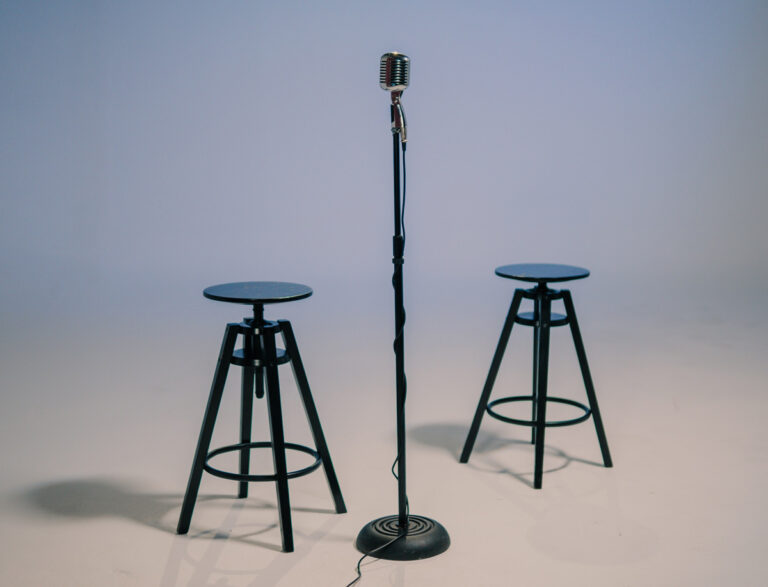Clubhouse will now let you tip your favourite creators, here’s how
Amassing global fame worth $1 billion in under a year, the social audio app Clubhouse has now launched ‘Clubhouse Payments’, a built-in monetisation feature where users can pay creators for the shows they host on the platform. The app, describing itself as “a new type of social product based on voice that allows people everywhere to talk, tell stories, develop ideas, deepen friendships, and meet interesting new people around the world,” introduced the feature as “first of many” that allows creators to get paid directly on the platform.
“As Clubhouse continues to scale, it’s important to us to align our business model with that of the creators—helping them make money and thrive on the platform,” the company mentioned in a blog post. Introduced with the aim “to help creators build community, audience, and impact,” the feature will be rolled out in waves, starting with a small test group. Clubhouse will then “collect feedback, fine-tune the feature, and roll it out to everyone soon.”
Although the list of currencies and payment methods are not exclusively mentioned, Clubhouse says its creators will get 100 per cent of the payment with no commissions or fees imposed by the platform.
How does the Clubhouse Payments feature work?
To start off, creators will have to enable the Clubhouse Payments feature on their profile. Once enabled, a “Send Money” button pops up on their profile. Other users can then head over to their favourite creator’s profile and tap on the button. The exact amount they want to send can be entered into the pop-up which follows. The platform then registers the debit/credit card information of first-time users to redirect them into the payment outlet.
100 per cent of the payment would then go to the creator. However, the user sending the money will be charged a “small card processing fee” which will go directly to Clubhouse’s payment processing partner, Stripe. “Clubhouse will take nothing,” the blog post clarified.
Clubhouse payment feature to support content creators https://t.co/rVyvYKLXav pic.twitter.com/cD8OSl0Ray
— Prosyscom (@prosyscom_it) April 6, 2021
How safe are your payments on Clubhouse?
Along with the launch of the payments feature, Clubhouse has also updated its terms of service. Its privacy policy now includes a dedicated section called ‘Payments Information’ which seeks to provide users with “financial information necessary to ensure payments can be processed by our payment processor, Stripe.”
Clubhouse also mentioned that the information related to user payments or purchases is also processed according to Stripe’s services agreement and privacy policy. The social-networking app clarified the fact that its parent company, Alpha Exploration Co. is “not a bank, payment institution, money transmitter, or money service business,” thereby opting out for payments related to any services provided.
🚀 boom
— Goncalo 🆎 (@gonelf) April 5, 2021
100% of the payment goes to the creator. No clubhouse fees, that’s bold. https://t.co/l8DZFIEFHL
Why is Clubhouse Payments an essential feature for the platform?
Over the past year, Clubhouse has undoubtedly lost steam among criticisms over reports of misogyny, anti-semitism and COVID-19 misinformation on the platform—despite its own rules against racism, hate speech, abuse and false information.
Although the platform witnessed a global surge in users following Elon Musk’s series of tweets, the effect was short-lived as the platform failed to retain hosts and creators with proper incentives. The fact that almost every tech giant is trying to build a Clubhouse rival at the moment does not help its case either. Be it Facebook with its Clubhouse copy “in early stages of development,” Twitter with its Spaces or even LinkedIn with its “creator” mode, all of these big names could undoubtedly sabotage Clubhouse’s audience. Also bear in mind that Clubhouse is still limited to iOS, further restricting its userbase.
These factors essentially create a sense of urgency where features like Clubhouse Creator First—a creator acceleration programme which will take on 20 aspiring hosts and creators to help them build their audiences and monetise their shows—clubbed with its latest direct payments feature might just prove to be the way forward, by engaging creators with the right incentive to create high-quality content on the platform.
Slack wants to be Discord and Clubhouse, Discord wants to be Clubhouse, Twitter wants to be Clubhouse. Clubhouse wants to be Microsoft Teams. Every one of them has some weird payment structure thing incoming.
— M.H. Williams (@AutomaticZen) March 31, 2021





